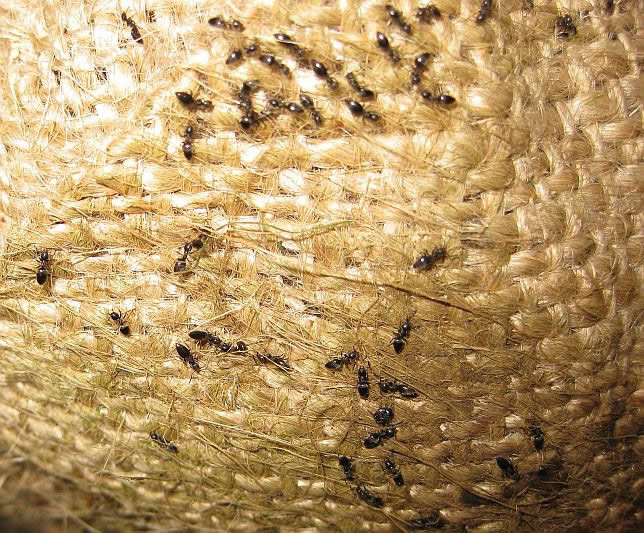CBB Talk Story Notes of 04/24-KCFA
Please post all questions and replies to the Forum- Coffee Bean Borer. April 24, 2012 CTAHR Kainaliu- 3:30- 5 pm- about 60 people in attendance CBB Talk Story w/Bob Smith, Andrea Kawabata, and Suzanne Shriner Smith says need for working entomologist now. Email Russell.s.kokubun@hawaii.gov Kawabata said HDOA has PT data-gathering position listed. Good for college students…


